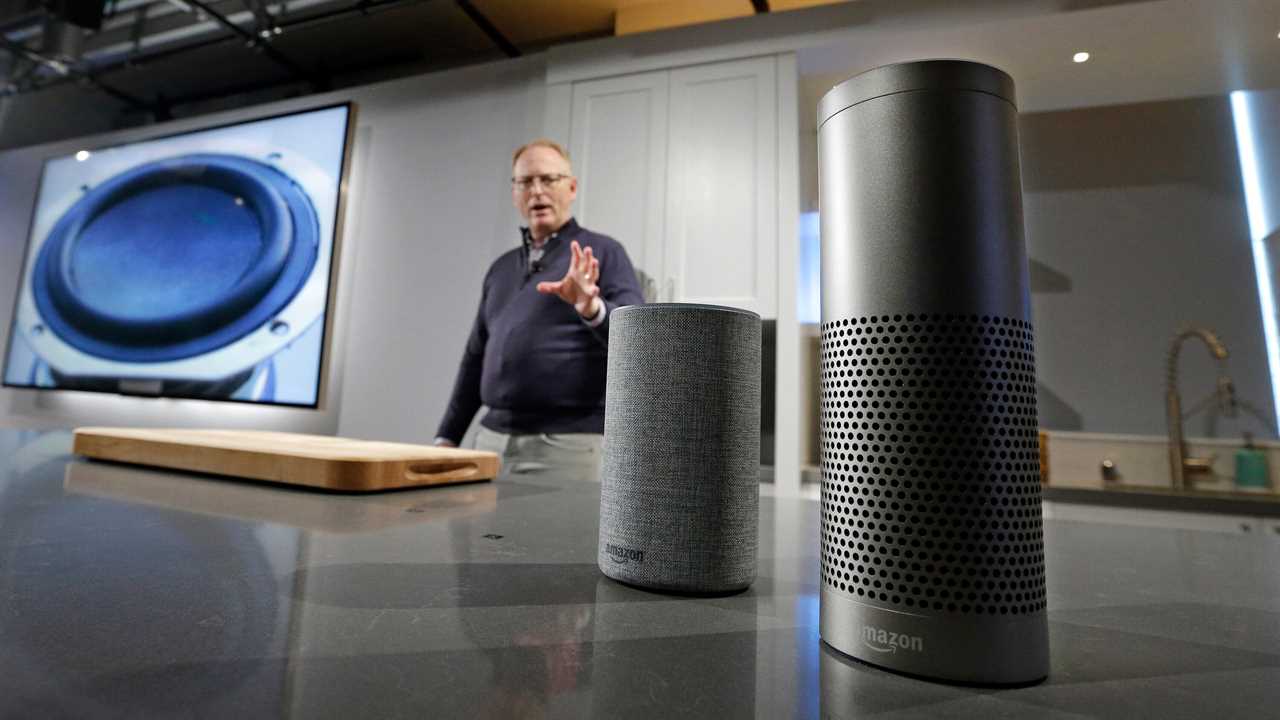
Amazon told customers this week that it would no longer require them to resolve their legal complaints involving the technology giant through arbitration, a significant retreat from a strategy that often helps companies avoid liability.
In a brief email to customers, Amazon said anyone using its products would now have to pursue disputes with the company in federal court, rather than go through the private and secretive arbitration process, which critics say puts consumers at a huge disadvantage.
“This is a big deal,” said Florencia Marotta-Wurgler, a professor at New York University Law School, who focuses on consumer law. “For so long, the tide had been going the other way, with companies adding arbitration clauses to their contracts.”
The five-sentence note informing Amazon’s customers about its updated “conditions of use” did not explain the reasons for dropping arbitration. When asked about the reasoning behind the change, a company spokeswoman did not elaborate.
The move does come after the tech giant was hit with roughly 75,000 arbitration claims alleging that devices, such as the Echo, which feature Amazon’s voice-operated assistant Alexa, were recording customers without their consent.
Amazon faces potentially tens of millions of dollars in fees that it will have to pay the private arbitrators to have those cases heard.
The Alexa-related cases are part of a relatively new tactic that is being employed by a handful of law firms seeking to upend the fundamental reason most companies include arbitration clauses in their contracts: to prevent customers from ever pursuing a legal claim.
For many disputes involving relatively small amounts of money, it would not make financial sense for most consumers to go through the trouble of hiring a lawyer and pursuing an arbitration claim as an individual. For decades, multiple consumers involved in similar disputes were able to pool their resources to hire a lawyer to represent them as a group in class-action lawsuits.
To prevent class actions, many companies began inserting language in their contracts that required customers purchasing services in nearly every facet of life — from renting a car to admitting a parent to a nursing home — to agree to arbitration in the event of a dispute. That meant signing away their opportunity to be part of a class-action lawsuit.
The Supreme Court has upheld this legal tactic, in large part because companies have successfully argued that they would make sure arbitration was fair for the consumers, including agreeing to pay many of the fees associated with the process. But the upshot was that very few people ever used the arbitration system.
Latest Updates
- Home sales climb for the first time in five months.
- A controversial Alzheimer’s drug has already yielded $2 million in sales.
- Here’s what’s happening in the markets today.
In the Amazon Alexa cases, lawyers representing the customers turned this consumer friendly feature of the arbitration system to their advantage. By filing claims en masse, the strategy left Amazon with a large legal bill even before any cases had been resolved. Just to hire the arbitrator and to get the process started for a single claim cost Amazon about $2,900.
“For most companies, arbitration was always part of an effort to evade liability, not just to escape class actions,” said Travis Lenkner, a lawyer at the firm Keller Lenkner, which is representing the consumers in the Alexa-related claims. “This is the first company to turn tail. Others may well do so.”
Keller Lenkner has used a similar approach in challenging how DoorDash, the food delivery service, classified and compensated its workers. When the firm filed thousands of arbitration claims on behalf of DoorDash workers, the company argued unsuccessfully in court that it shouldn’t have to pay many of the initial fees for the cases. DoorDash was scolded by a federal judge for what he said was an effort to evade the arbitration system.
In the Alexa-related cases, Amazon did not fight the fees in court, but told Keller Lenkner in May that it had dropped arbitration requirements as part of its “conditions of use.” Many of the Alexa arbitration claims are still proceeding and, according to Amazon, many of the cases have been ruled in the company’s favor.
The customers are claiming that Amazon’s devices, including the Echo, violated rules in states where people must give their consent to be recorded.
“When we looked into the issue, we were convinced that most people don’t realize smart speakers are recording them,” said Warren Postman, the lead lawyer at Keller Lenkner on the Alexa-related claims and other arbitration cases.
Amazon said its Echo technology is meant to detect only a chosen “wake word,” or a word that triggers the device. The company said customers can review and delete recordings at any time and can choose that the recordings never be saved.
While the mass arbitration strategy has worked in some types of cases, it probably cannot be “broadly replicated across the economy,” said Deepak Gupta, a lawyer who represented customers in a landmark 2010 Supreme Court case, AT&T Mobility v. Concepcion, that enshrined arbitration as the way companies can seek to resolve disputes.
More complex cases involving workers who claim they face harassment or other employment issues on the job cannot likely be dispensed with in a mass arbitration. Because the U.S. Supreme Court is not expected to weaken the right of companies to use arbitration, Mr. Gupta said Congress needed to pass laws to protect the rights of workers and consumers to go to court.
Still, he said, the mass arbitration strategy is showing the “cynicism of forced arbitration.”
“It was never about making it easier for customers to resolve disputes, it was about killing claims,” Mr. Gupta said. “Once Amazon saw it would have to face an avalanche of claims it decided to walk away.”
Did you miss our previous article...
https://trendinginthenews.com/tech-giants/disney-is-chipping-away-at-netflixs-dominance






